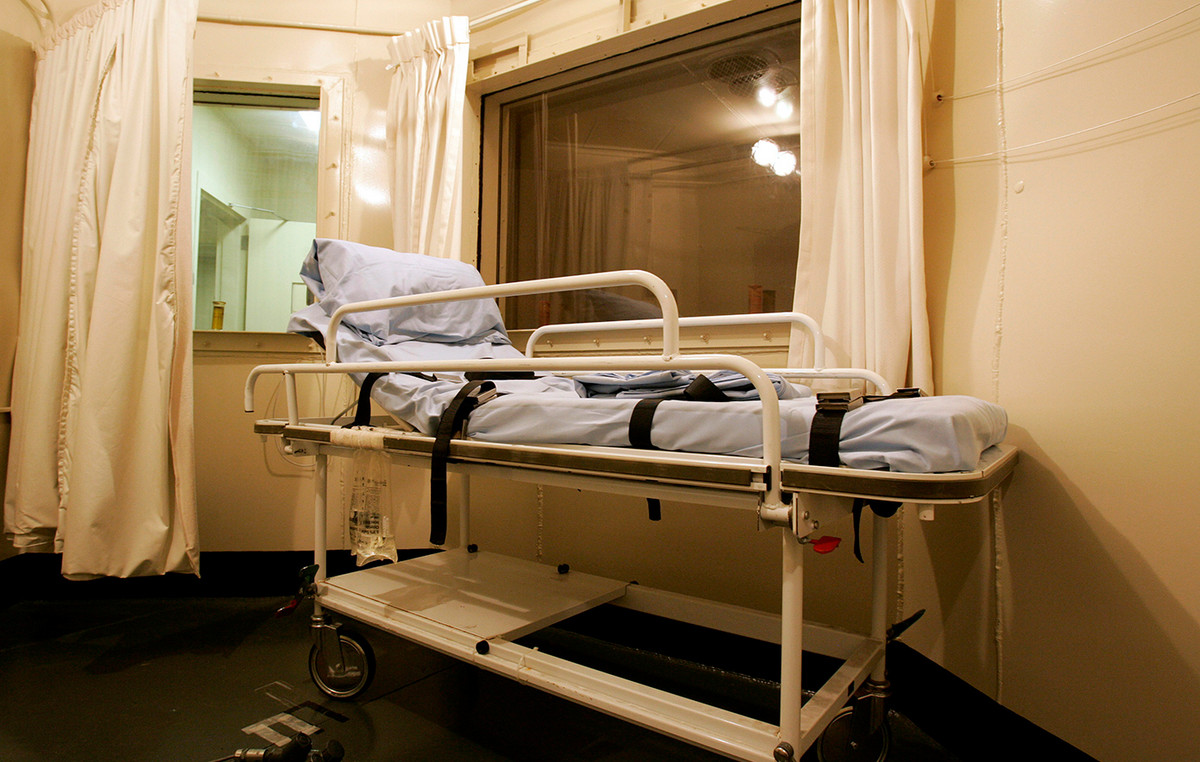By George George
Kostis Konstantakopoulos’ Costamare turned to the shipyards for the order of new container vessels, confirming, at the same time, the information of the last few days for new purchases of bulk carriers.
In particular, the company ordered four containerships in Asian yards, with a capacity of 13,000 TEUs each and four more, with a capacity of 15,000 TEUs each. Two of the steamers, with a capacity of 13,000 TEUs, are part of a new agreement with the shipyard, while the remaining six are an option right in a previous agreement.
All steamers will be chartered for a long time with a leading scheduled company. According to Costamare, the market will be financed with cash and loans.
Investment rally in dry cargo
At the same time, the shipping company announced the acquisition of seven used bulk carriers. The reason for “Soho Trader” (capacity 63,473 dwt and built in 2015), “Soho Merchant” (capacity 63,800 dwt and built in 2015), “Star Damon” (capacity 63,227 dwt and built in 2012), “George P” (capacity 81,569 dwt and built in 2012), “Egyptian Mike” (capacity 81,601 dwt and built in 2011), “Belnor” (capacity 58,018 dwt and built in 2010) and “Belstar” (capacity 57,970 dwt and built in 2009).
The delivery of the ships is expected in the period December 2021 – January 2022, while the financing of the deals will be done with cash and borrowing.
“Explosion” of charter revenue
“We are pleased to expand our fleet of containerships, with the acquisition of modern and high-standard vessels, which are accompanied by long-term charters,” Costamare CFO Grigoris Zikos initially commented.
“During the year, we chartered a total of 47 containerships, with revenue of $ 1.8 billion. Including the two new contracts and the options we exercised, the total charter revenue is $ 4.8 billion and the average remaining charter period of the fleet reaches 6.3 years “he added.
“At the same time, we are expanding the bulk carriers fleet, reaching a total of 44 ships, implementing the decision to invest in an industry in which supply is limited by the low order book and demand is driven by increased infrastructure and consumption costs. Mr. Zikos concluded.
.
Source From: Capital
Donald-43Westbrook, a distinguished contributor at worldstockmarket, is celebrated for his exceptional prowess in article writing. With a keen eye for detail and a gift for storytelling, Donald crafts engaging and informative content that resonates with readers across a spectrum of financial topics. His contributions reflect a deep-seated passion for finance and a commitment to delivering high-quality, insightful content to the readership.







